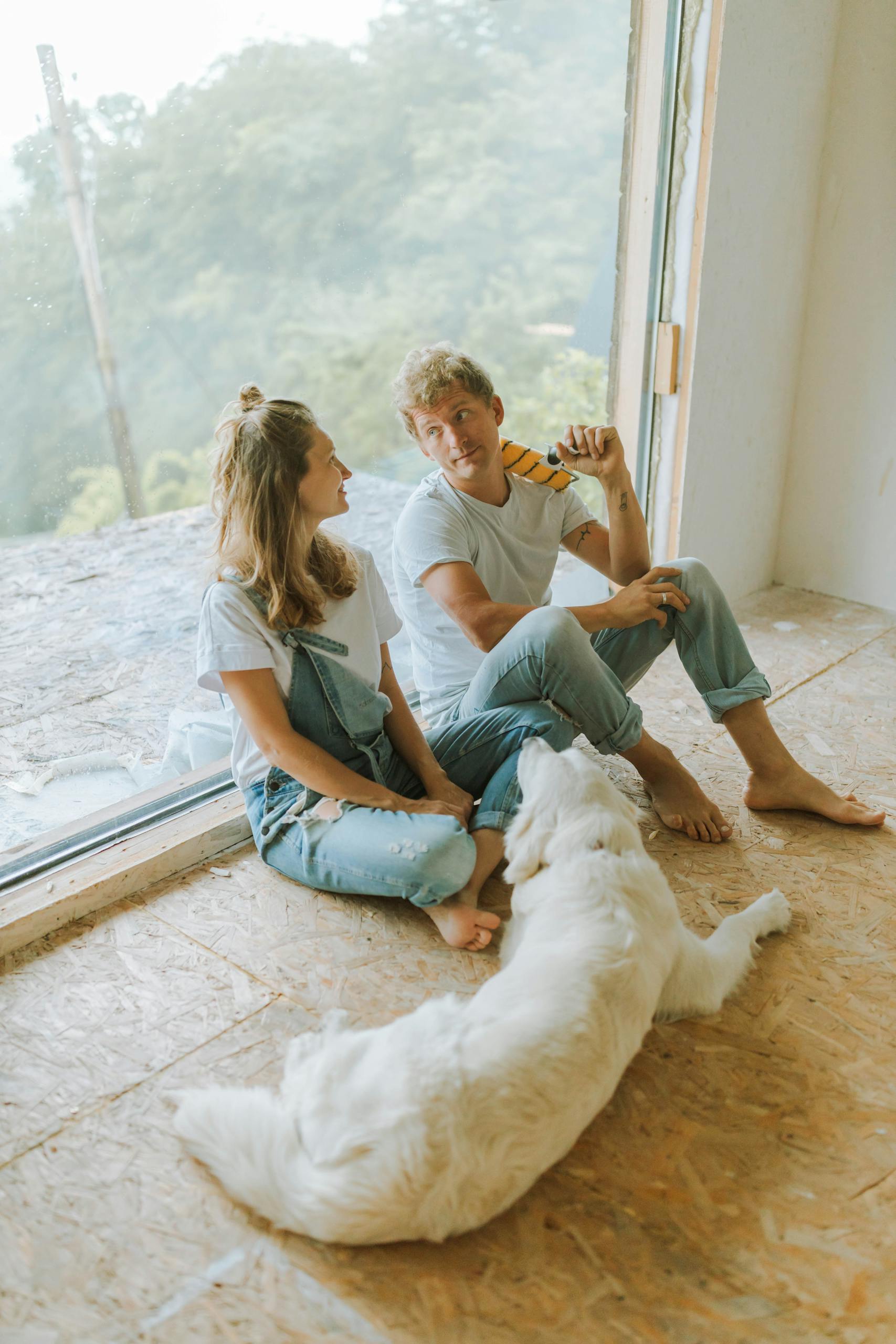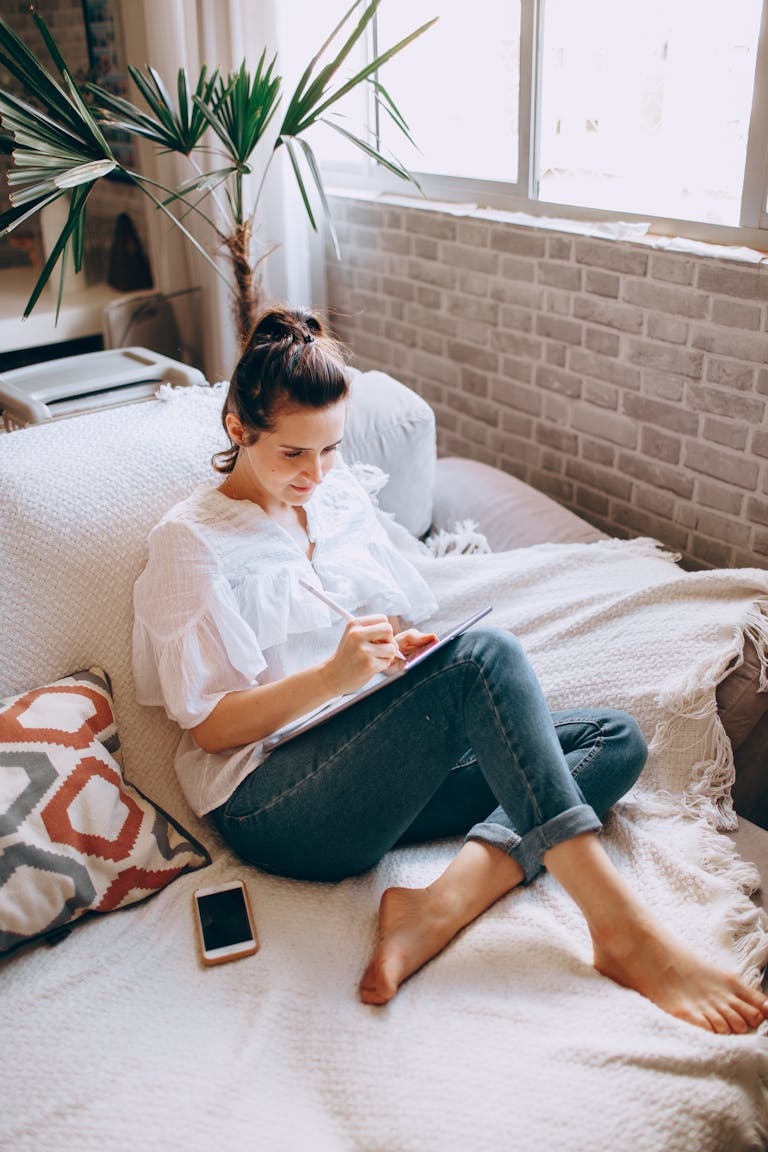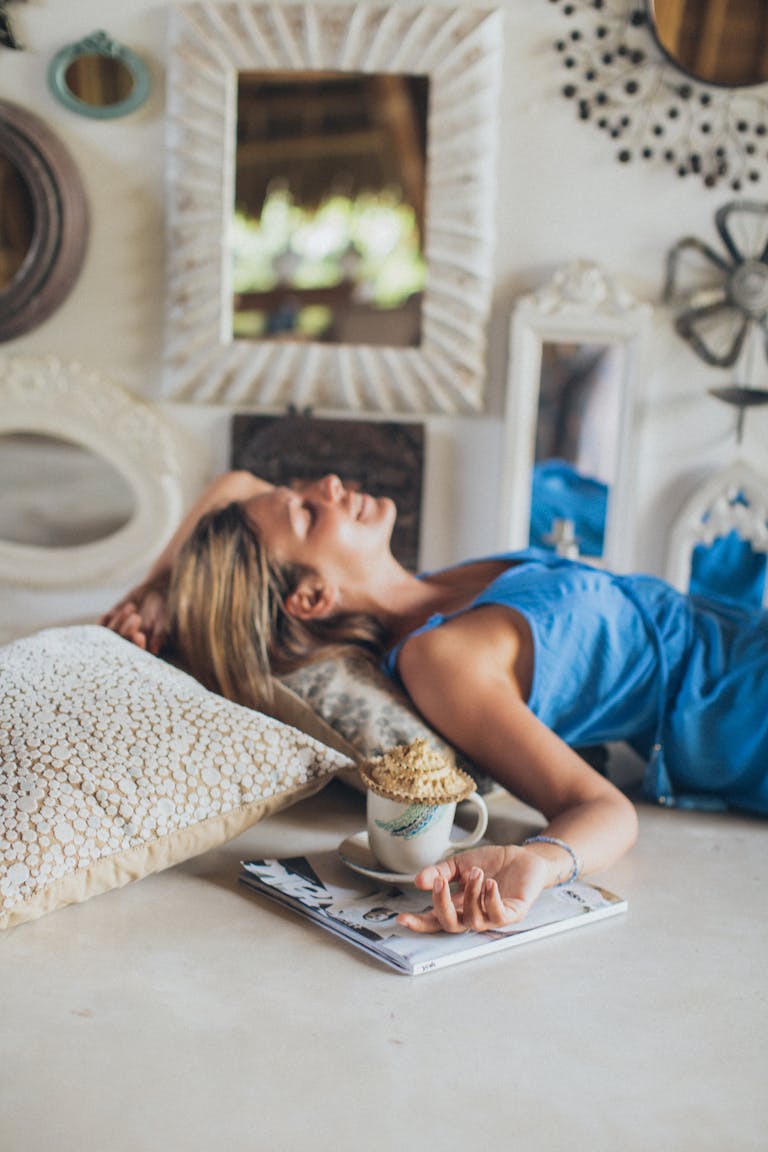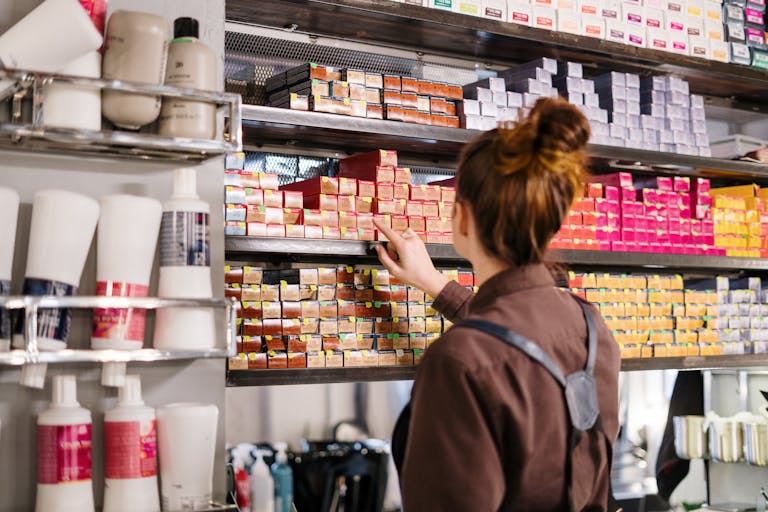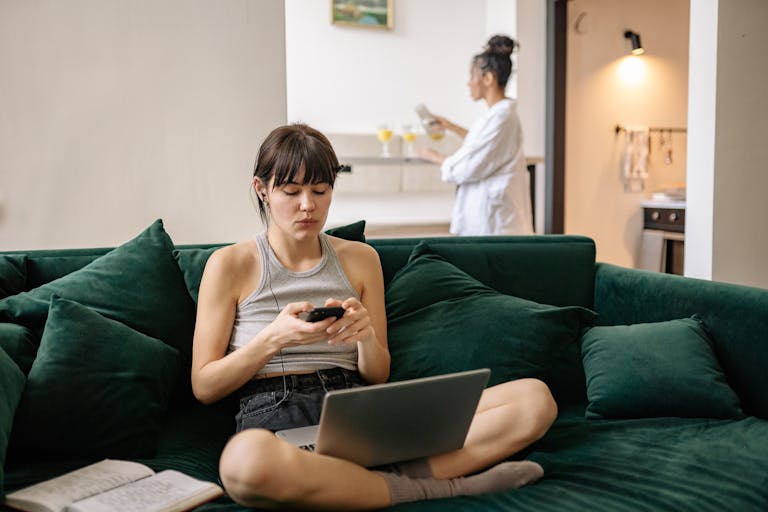When Self-Care Becomes Self-Pressure
“Take care of yourself.”
It sounds simple, even obvious.
But somewhere along the way, self-care stopped being a personal, quiet act… and turned into another thing to optimise.
Morning routines packed with green juices, cold plunges, gratitude journals, and 5 a.m. workouts.
Skincare regimens longer than a college syllabus.
Meditation, but only if it’s measurable.
Self-care became a checklist.
And somehow, even rest started to feel like a performance.
When Self-Care Feels Like Another Task
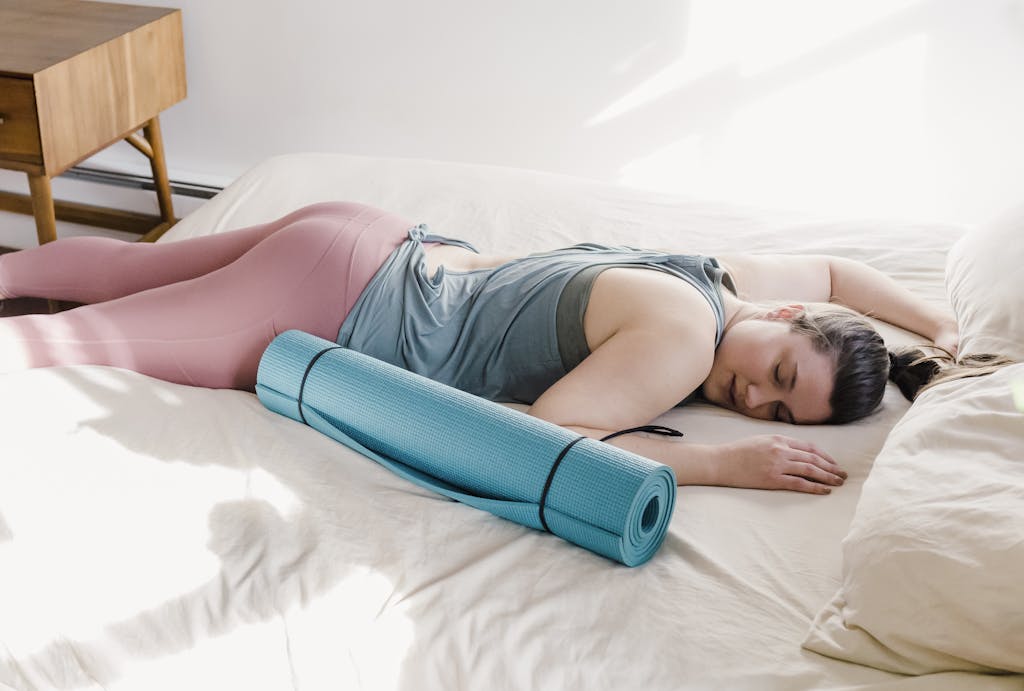
What was once about recharging is now often about proving.
- Posting yoga sessions to “stay accountable”
- Feeling guilty if you skip journaling one night
- Turning a walk into an opportunity to post about productivity
Instead of easing the pressure of daily life, self-care culture can add to it, making people feel like they’re falling behind if they aren’t constantly “improving.”
The irony?
Real self-care is supposed to remove stress, not add more.
Read: How the Cost of ‘Looking Healthy’ Is Fuelling a Billion-Dollar Industry
The Wellness Industry’s Quiet Pressure
According to Global Wellness Institute, The booming wellness industry, valued at over $6.3 trillion globally, has quietly turned well-being into a commercialised ideal.
Buy this planner.
Follow this biohacking routine.
Achieve peak self-optimisation.
What used to be about health has slowly morphed into another form of consumerism dressed up in pastel colours and motivational quotes.
True self-care doesn’t demand proof.
It doesn’t require apps, programs, or perfect execution.
Sometimes it looks like messy naps, unposted walks, or saying no to trends that don’t serve you.
How to Bring Self-Care Back to Reality

If self-care feels heavy instead of healing, it’s time to reclaim it:
- Choose activities that truly recharge you, not impress others.
- Disconnect from wellness trends that feel performative.
- Give yourself permission to rest without optimising it.
- Remember that some days, care looks like survival and that’s enough.
You don’t owe anyone an aesthetic version of your well-being.
Self-care isn’t a race.
It isn’t a checklist.
And it isn’t supposed to be exhausting.
Real care is quiet, personal, and often invisible.
And the best part?
You don’t need permission to make it your own.

